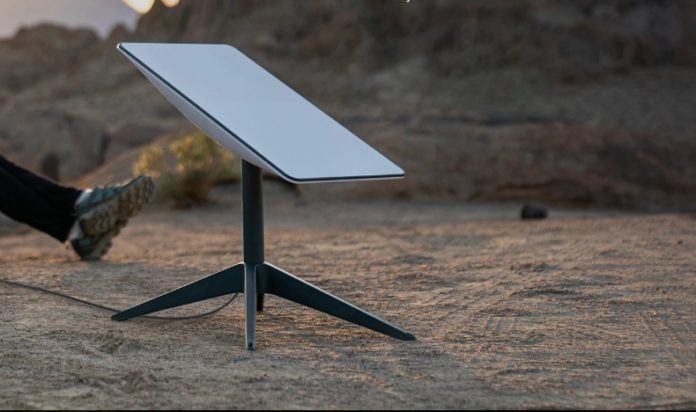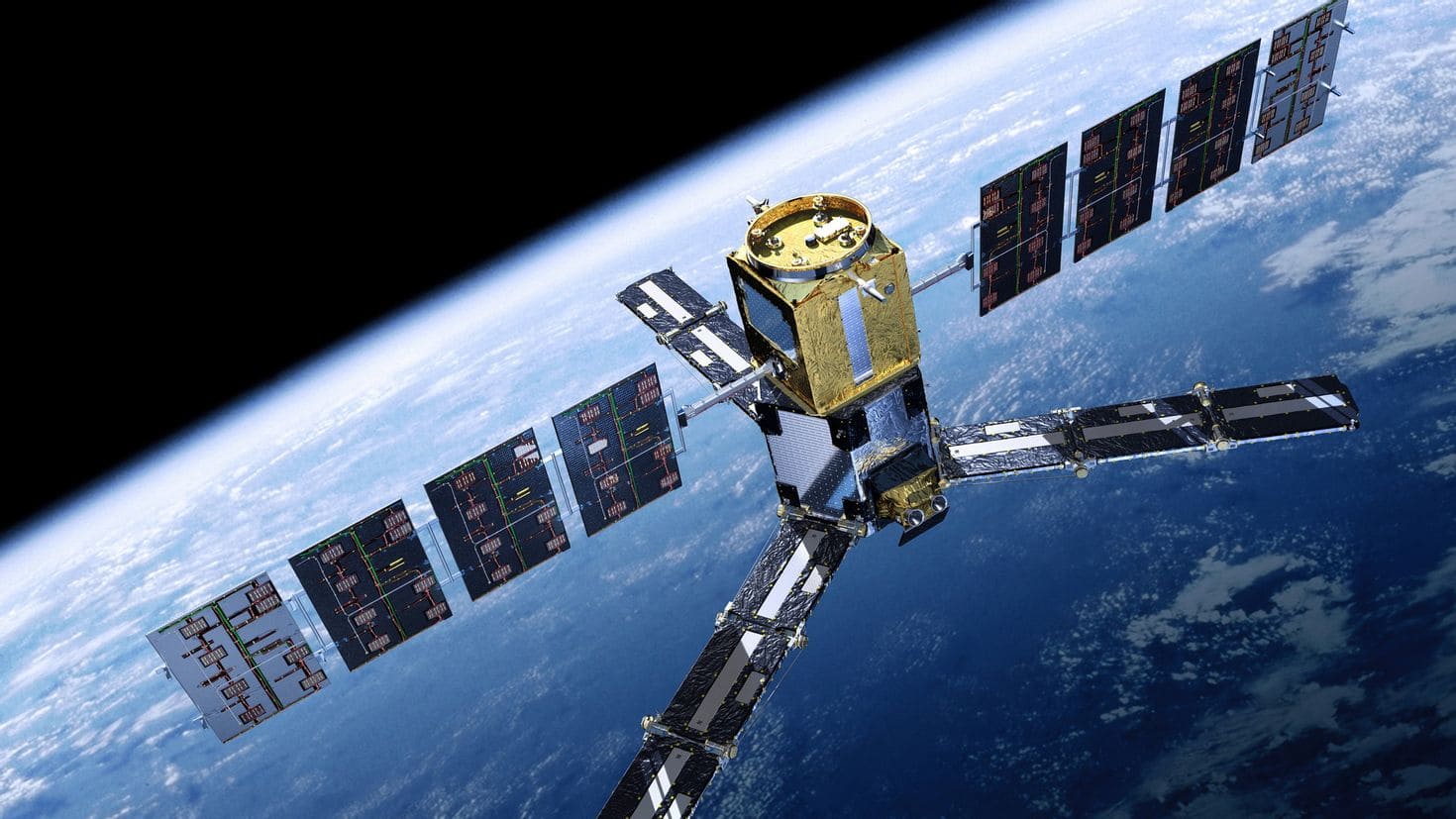Starlink is gaining traction in several African countries, including Benin, Eswatini, Ghana, Kenya, Malawi, Mozambique, Nigeria, Rwanda, and Zambia. The increasing demand for high-connectivity services across the continent underscores the critical role of satellite broadband in bridging the digital divide.
Starlink Gains Green Light in Botswana
Botswana has taken a significant step forward in digital connectivity by approving Starlink’s operations within the country. The Botswana Presidency has granted Starlink a license to operate, providing the company with a two-week deadline to finalize its application process. This development follows an earlier stance by the Botswana Communications Regulatory Authority (BOCRA), which deemed the importation, use, or sale of Starlink kits or services illegal, threatening violators with legal consequences.
Presidential Approval Amidst U.S. Business Summit
The turning point came during a business summit in the United States earlier this May. President Mokgweetsi Masisi met with Ben MacWilliams, the Director of Starlink’s Global Licensing and Activation, who conveyed a strong interest in obtaining an operational license in Botswana. Following this interaction, President Masisi instructed the regulator to expedite the approval process, granting Starlink a two-week window to complete its application.
Botswana Joins Southern African Nations Embracing Starlink
With this approval, Botswana joins other Southern African countries, like Zimbabwe, in licensing Starlink. Recently, Zimbabwean President Emmerson Mnangagwa authorized the Postal and Telecommunications Regulatory Authority of Zimbabwe (POTRAZ) to approve Starlink’s satellite broadband services. This move aligns with Botswana’s ambition to bridge the connectivity gap for its 2.63 million residents, despite having some of the highest data prices in Africa.
Zimbabwe’s Strategic Partnership with Starlink
Starlink has also secured regulatory approval in Zimbabwe, designating IMC Communications as its sole and exclusive local partner. President Mnangagwa expressed optimism about deploying high-speed, low-cost, low-Earth-orbit (LEO) internet infrastructure across Zimbabwe, especially in rural areas. This initiative aligns with Zimbabwe’s vision of becoming a fully digitalized upper-middle-income economy by 2030, fostering technological advancements, enhancing connectivity, and driving economic growth.
Challenges and Regulatory Compliance Across Africa
Despite these advancements, Starlink faces challenges in various African countries. Earlier this year, Botswana initially denied Starlink’s internet bid due to insufficient regulatory compliance information. Similarly, Starlink’s licensing efforts in South Africa have been hindered by the Independent Communications Authority of South Africa’s (Icasa) requirement for 30% ownership by historically disadvantaged groups.
Tunisia’s Pilot Project with Starlink
In Tunisia, the Ministry of Communication Technology has partnered with Starlink for a three-month pilot project to test broadband satellite technology in specific regions. This trial will evaluate the feasibility and benefits of integrating this technology into Tunisia’s communications infrastructure, helping to develop a regulatory framework for its responsible use.
Botswana’s approval of Starlink marks a pivotal moment in its journey towards enhanced digital connectivity. By embracing cutting-edge satellite technology, Botswana aims to overcome high data costs and improve internet access for its residents. As Starlink navigates regulatory landscapes and regional challenges, its growing presence in Africa signifies a broader shift towards digital inclusivity and economic growth across the continent.



